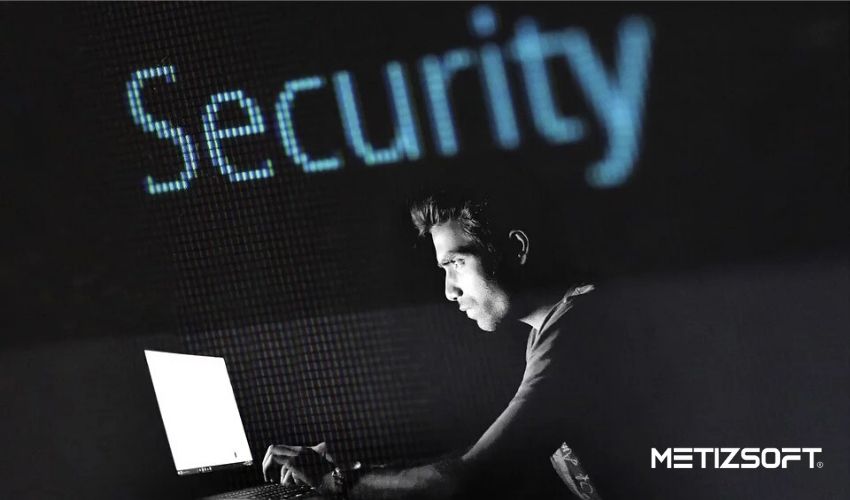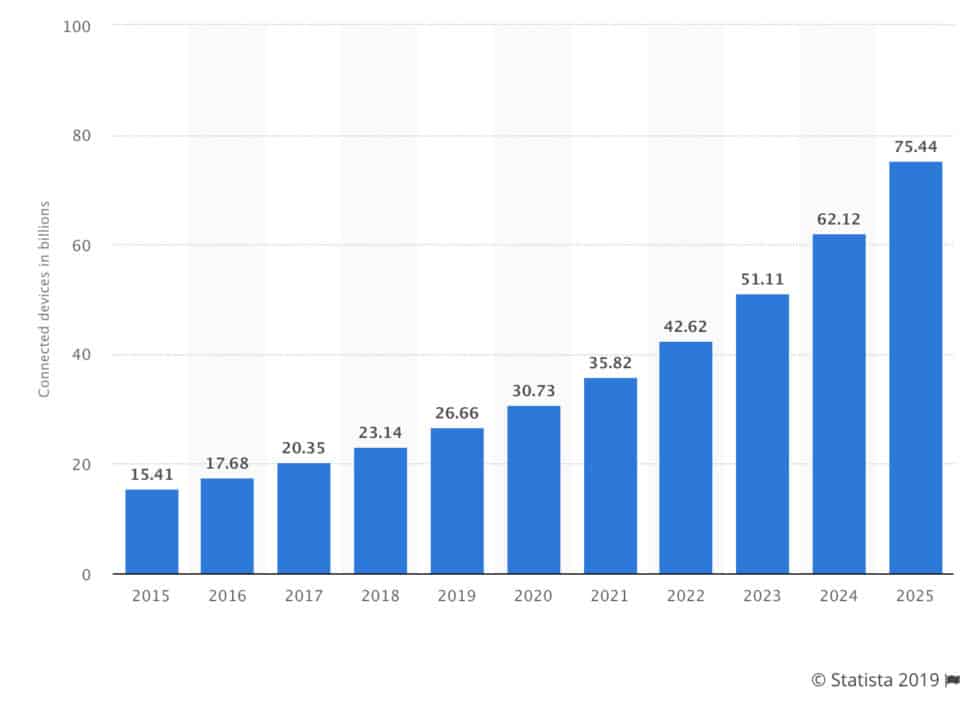
If you are running an eCommerce site, you must know that one of the most important things to pay attention to is site security. A website or store which is not secured enough is at a high risk of losing its data as criminals stealing information from eCommerce sites is on raising, putting online sites at risk.
If a hacker steals your data, you will also lose your reputation as a trustworthy business, and it will result in a massive decrease in your sales. You will also lose a large number of your customers.

Table of Contents
Before we begin with the ways to protect the eCommerce site, let us know what Cyber Security is.
The frequency of cyber-attacks has increased at an alarming rate in the past few years. ECommerce security refers to the measures taken to protect the business against such cyber-attacks and threats.
To make sure this doesn’t happen, here is a list of things you can do to protect your eCommerce site against cyber-attacks.
- Use the Right Hosting
Finding the right web hosting is the first step in setting up a secure eCommerce site. Some web hosts are designed for hosting websites, while others are more general and used for personal blogs. Choose a more secure web hosting. You also should be sure that you get a dedicated hosting plan because of its security.
Having a dedicated server all to yourself will be beneficial for you and your site’s security since shared users result in security issues.
- Use a Secure Platform
There are many eCommerce platforms out there that you can choose from. But not all eCommerce platforms are equally secured. Some platforms are more reliable than others.
You must look for a platform that has strong security credentials and provides several security tools. Anyone who has access to your eCommerce platform needs to use a secure password. The password must be reliable and include alphabets, numbers, and special characters as a strong password will be more secure.
The password should also be changed regularly to reduce the chance of it getting hacked.
- Stay Compliant with PCI Compliance
The PCI requires every website processing credit cards or online financial transacting websites to perform specific security tasks. There are various levels of PCI compliance.
The level of PCI compliance will vary depending on the number of transactions your business makes in a year. If you are not complying with PCI regulations, then there is a risk of leaving customer information vulnerable to hackers.
- Update Software, Plugins, and Templates Regularly
All eCommerce websites have some plugins, extensions, and models in their backend. These plugins and extensions are easy to configure. These plugins are not so secure and cannot withstand hacking attempts.
An ideal way to secure these plugins, extensions, and templates is always to remain updated for security. Most extension publishers release security updates that can prevent the latest hacking trends and practices.
- Secure your Network
As discussed earlier, users should always use strong passwords for logging into the net and keep changing passwords regularly. Also, make sure that all the software is updated periodically.
You can also download an intrusion detection system (IDS) that will alert you when someone tries to get access to something that they should not get. When an outsider is trying to get access to your system, the IDS will quickly notify you of the same.
- Switch to HTTPS
You must secure HTTP hosting, which requires an SSL certificate. It will help ensure your network. It’s also beneficial for your marketing department because Google penalizes websites with HTTP in organic search rankings. HTTP also sends a positive trust signal to your shoppers.
Here are some reasons why cybersecurity is essential for your business.
- Compliance
Compliance is the ground level of your business. Your eCommerce business is required to meet specific standards to be considered “in compliance,” and elegant can be charged to you or your business if you do not.
- Customer Trust
Customers put a lot of faith in the business they shop from, providing personal data and sensitive payment information with every purchase. Earning customers’ trust is the most critical factor in running your business smoothly. Reports say that customers are unlikely to do business with a company from which their data has been stolen.
- Financial Insolvency
If breached, you will be in big trouble as you will have a whole host of other problems to address that will impact your business. You may have to pay for a forensic investigation, credit monitoring, and much more. Therefore to prevent this from happening, Cybersecurity is way too crucial for your business.
Conclusion
Cybersecurity is a 24/7/36 necessity for any business. If you put privacy and security first, you can spend more time growing your business without any worries. With cyber-attack rates increasing each day, companies are becoming more conscious about the privacy of their business’ security.
You as a business owner should make sure that your website is protected and secured. The points discussed above can be helpful for you to prevent cyber-attacks. Make sure to follow them. I hope this blog was helpful to you.
For any more details on the same, get in touch with us.
Recommended Reading
AboutManthan Bhavsar
Related Posts
Volusion is Coming Up with Some REALLY Amazing Updates this July!
Amazing news for all the Volusion store owners out there! Volusion is coming up with some really resourceful and technically...
Shopify Chat: On-Time Conversation App For Boosting Your Store’s Sales!
Shopify Chat: On-Time Conversation App For Boosting Your Store’s Sales!
Recently Shopify launched Shopify chat which is the first native on-time chat function that allows you to have a real-time...




